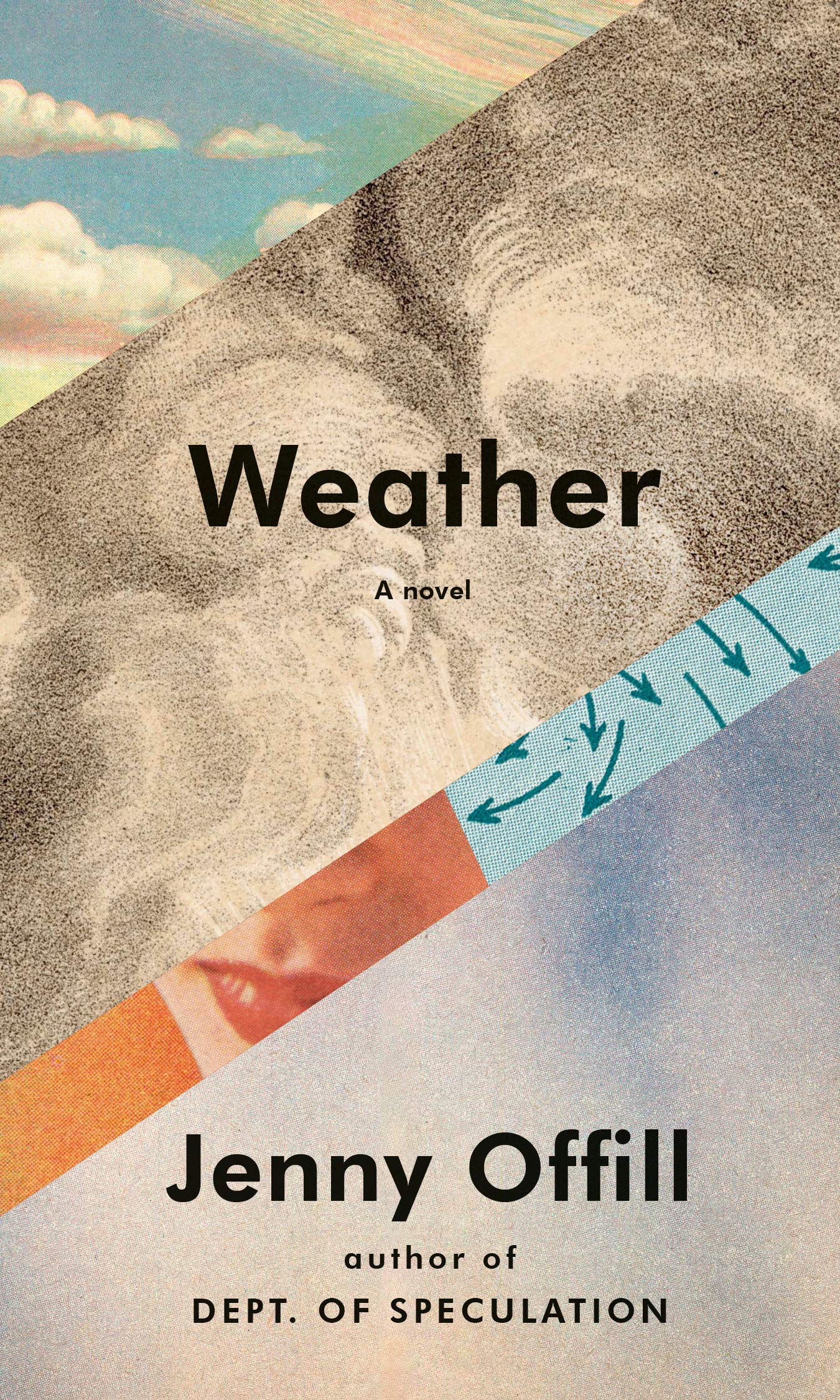
We Ride Upon Sticks by Quan Barry
Quan Barry’s latest novel, set in a Massachusetts coastal town, delivers witches, field hockey, and late 1980s cultural references, all in Barry’s distinctive, irreverent tone. After the team makes a deal with the Devil, in the form of an Emilio Estevez notebook, the Danvers field hockey team inexplicably begins winning game after game, landing them at the state finals. Despite the normal pressures of high school—sexual awakenings and creepy teachers as only the beginning—the girls truly dedicate themselves to bonding as a team. Perhaps dark powers propel them to field hockey stardom,or perhaps it is simply teamwork.
We Ride Upon Sticks is a lively, original read. The town of Danvers,the original setting of the Salem witch hunt accusations, pulses with secretive magic and feminine power. This magic, however, is dark and uncontrollable. Barry’s ragtag team encourages each other to disregard traditional standards of womanhood, particularly those emphasized in 1980s New England. The girls celebrate the end of the 80s with spirit and integrity, setting the stage for life long transformations.
-Maddie Woda

Weather by Jenny Offill
Sitting alone in quarantine, Jenny Offill’s novel, Weather, reminds of a time when life was shaped by interactions with strangers, family, and colleagues. Written in short vignettes, Weather tells the story of Lizzie, a former graduate student who now works in the library of the university where she once studied. Lizzie’s days, and the plot of Weather, are told through the conversations and encounters Lizzie has with her son, her husband, her brother, and the people who frequent the library. Each of the interactions Lizzie has is simple enough, but through Lizzie’s perspective of the world they become meaningful, symbolizing something, though Lizzie does not seem quite sure what.
There is something comforting and easy about Weather. The paragraphs are short and spaced, Lizzie’s life is mundane enough and moves at a steady pace. The comfort and ease of the story, though, is deceptive. Weather reminds the reader to take note of every encounter they have with another, that the first read of a person, a conversation, a story, is never the full reality. Today, especially, when we are distancing ourselves from one another, it becomes harder and harder to take interaction for granted, and yet, interaction with others is what shapes who we are.
-Elizabeth Meyer

Cleanness by Garth Greenwell
Cleanness, the follow-up to Garth Greenwell’s acclaimed novel What Belongs to You, once again draws on his experience as a young, gay American living and teaching in Bulgaria. The novel tracks its unnamed narrator as he moves through the streets of Sofia, recreating the intimate and painful moments of a doomed love affair. Cleanness is less a novel and more a series of episodes, not entirely connected to each other, but unified nonetheless. It follows the narrator as he listens to the aspirations of his students, as he travels through Europe with his (also unnamed) lover, and as he engages in—sometimes humiliating, sometimes exhilarating—sexual encounters.
It is in the bedroom that the novel comes alive. Erotic encounters feel at once dangerous and breathtaking. Greenwell captures a Bulgaria on the cusp of, but just before, gay liberation. The sex takes on a dark, illicit character, pulling the reader into a covert world behind the walls and facades that line the city streets. Here, the narrator offers himself not just to his sexual partner, but to the reader, unclothed and open. He speaks of violence and shame with frank honesty, rendering moments of physical and sexual pleasure with a deep introspective account of the self. Physical sensations are captured unblinkingly, each breath and each movement fleshed out on the page. In language precise and controlled, Greenwell creates a narrator so incisive and vulnerable, it is as if the bound book is not a novel at all, but a series of experiences to be felt by the reader. Cleanness becomes, as it so fantastically develops these experiences, a capsule of memory, touch, and heartbreak; it is impossible to put down, and unforgettable when it closes.
-Sam Wilcox
